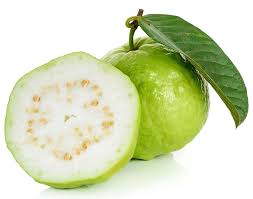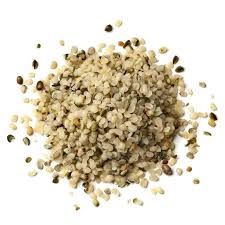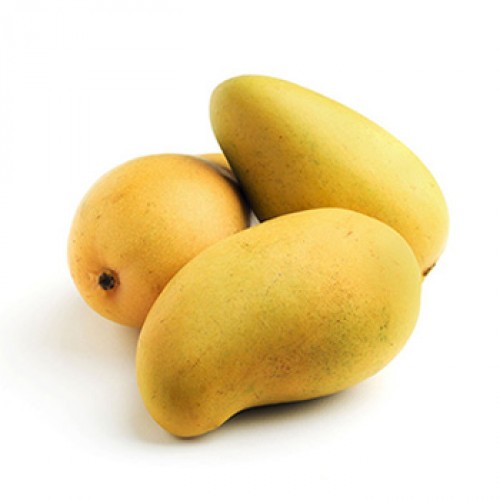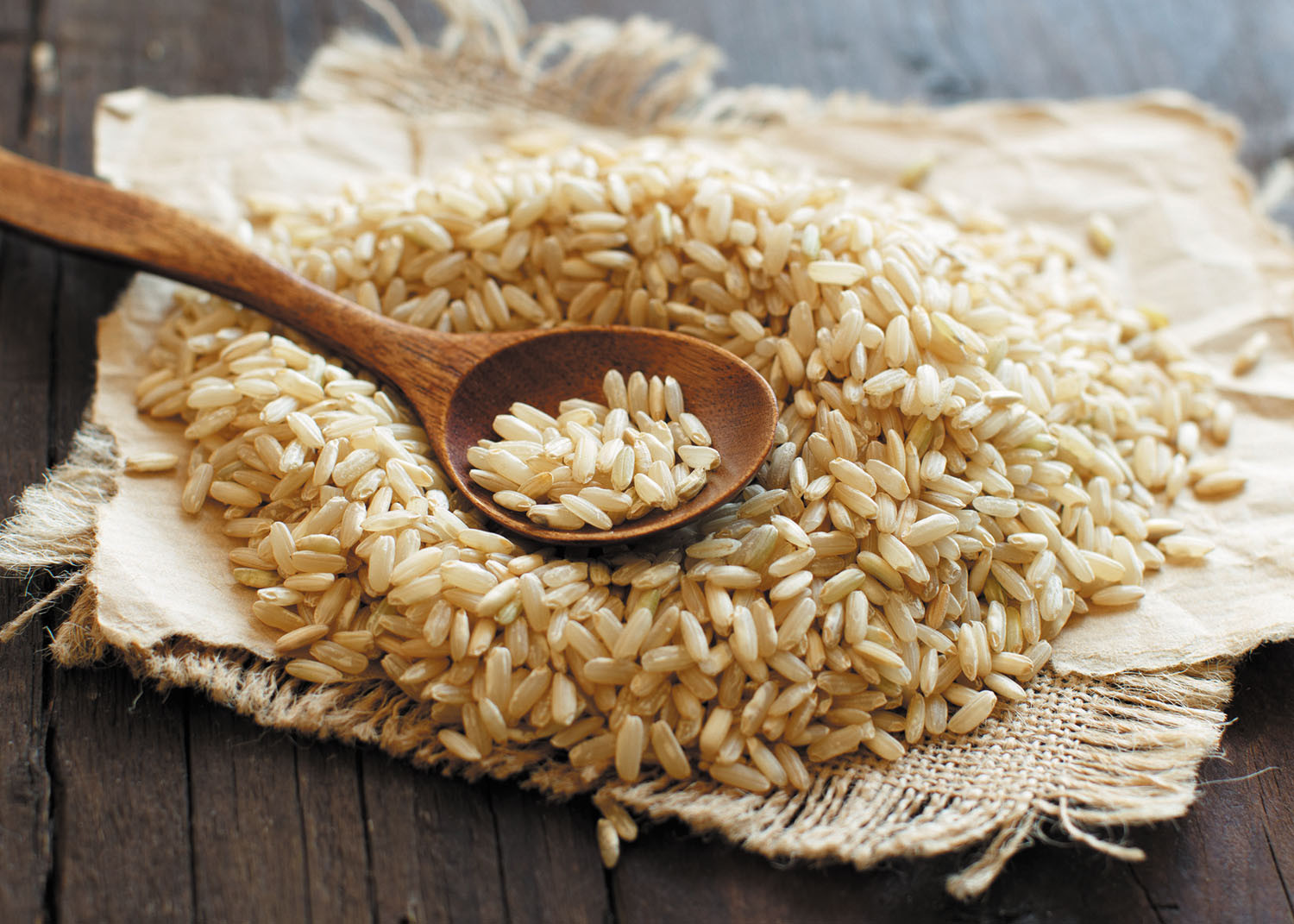
How Organic Farmers Control Weeds Without Chemicals
When it comes to growing food the natural way, weed control becomes one of the biggest challenges, especially without the use of chemical herbicides.
At Healthy Buddha, we partner with organic farmers who rely on safe, eco-friendly, and time-tested techniques to manage weeds without compromising on quality or soil health.
Here’s a closer look at how weeds are controlled in organic farming, and why it matters.
Why No Chemical Herbicides?
Conventional farming often uses chemical herbicides like glyphosate (commonly known as Roundup) to quickly eliminate unwanted weeds. While effective in the short term, these chemicals can damage soil health, disrupt beneficial microbes, and leave behind residues in the food we eat. More importantly, some have been linked to serious long-term health concerns, including cancer.
That’s why our farmers at Healthy Buddha follow natural weed control methods that are safer for people, the planet, and the food we grow.
Natural Weed Control Methods Used in Organic Farming
1. Manual Weeding
This is one of the oldest and most reliable techniques. Weeds are removed by hand or using simple tools. It’s labour-intensive, but very effective — and completely safe. Manual weeding also allows farmers to selectively remove unwanted plants without disturbing the crops.
Did you know? Manual weeding is one reason organic produce can cost more — it takes more time and effort, but results in cleaner, healthier farming.
2. Mulching
Mulching involves covering the soil with organic materials like straw, dry leaves, coconut husk, or even biodegradable films. This layer prevents sunlight from reaching the weed seeds, reducing their ability to germinate. It also retains moisture and adds nutrients to the soil as it breaks down.
Many of Healthy Buddha’s partner farmers use mulching regularly as a natural barrier to weed growth.
3. Crop Rotation & Intercropping
Changing what’s grown in each plot from season to season (crop rotation) and growing multiple crops together (intercropping) both help disrupt weed life cycles. These methods confuse weeds, improve soil fertility, and encourage a more balanced ecosystem in the farm.
They also reduce the chances of pests and diseases, making these methods a win-win for organic farms.
4. Cover Crops
Cover crops like legumes or clover are grown not for harvest, but to “cover” the soil. These plants grow densely and naturally compete with weeds, reducing their ability to take hold. They also improve soil structure and add essential nutrients like nitrogen back into the earth.
5. Natural Weed Suppressants
Some farmers use plant-based sprays made from neem oil, garlic, fermented plant juices, or cow urine (jeevamrut) to naturally suppress weed growth. These are safe, biodegradable, and free from synthetic chemicals.
Organic Weed Management: A Healthier Choice for All
While natural weed control methods may not eliminate 100% of weeds, they create a healthy balance — without polluting the soil, water, or food. It’s a more sustainable, ethical, and long-term approach to farming.
At Healthy Buddha, we believe that choosing organic is not just about skipping chemicals — it's about respecting the land, supporting farmers, and giving our bodies clean, real food.

















